In a way, D-Fried’s Peak Shift Effect, rewards the listener willing to lose her or himself in the beautifully painted electronic landscapes Saludes so graciously conveys.
Clean Error’s D-Fried (aka Spaniard Jordi Saludes) is a wonderful addition to the current electronic music landscape. Salude’s efforts as D-Fried point towards the kind of warm and soft electronic landscapes—usually flirting with IDM affectations—that is able to delight eardrums from around the world. Saludes’ Peak Shift Effect, comprised of six meticulously designed tracks, positions D-Fried as an interesting alternative to the usual hyper-agressivity and penchant for rough electronic tracks that has become the trademark of many acts. Instead, Saludes’ favors warm analog sounds that twist and turn at any second.
First track “Over The House-Tops” could have easily gone with the hyper-aggressive route. Indeed, its beginning points to a comedown that does not come. Instead, Saludes attempts to construct a track from the most minimal elements. “House-Tops” lets you peek into Saludes’ progressive construction of the track. No, “Over The House-Tops” does not ever explode, it is too preoccupied with the ambience created by the arrangements to be so narcissistic. In a way, D-Fried’s Peak Shift Effect, rewards the listener willing to lose her or himself in the beautifully painted electronic landscapes Saludes so graciously conveys. Title track “Peak Shift Effect” is the kind of IDM track that slides through the listener’s mind with its cautiously employed synths. A perfectly rewarding glow emerges on the background; barely touched upon but gorgeously used.
“Plastic Me” continues this trend. As it is usual with Saludes, the atmosphere is a key element in his compositions. Rewarding the listener with carefully mapped sounds, “Plastic Me” is a track that does not evolve, rather, it dwells for a while in the listener’s ear drum. “Rainbow Bridge” expands on a melody used on “House-Tops,” functioning as an effervescent remix of the track. “Red Rubber Ring,” the record’s most conventional track, finds D-Fried closer to Boards of Canada, as the beat circles around the track while a gentle synth delicately lurks in the background.
Peak Shift Effect ends with “Westfall,” perhaps Saludes most disjointed effort yet. “Westfall” starts off with D-Fried’s usual take on IDM, only to take a left turn with the most structured melody we have heard from Saludes. Indeed, the second half of the track could very well may be separated, but one wonders if by keeping both parts together Saludes is nodding towards a different direction in his sound. By the end of the track, only the melody remains. Ironically, the track’s structure gives it its disjointed quality, but the gesture is well taken. D-Fried does not stay in one place. Judging by the execution of the previous five pieces, if “Westfall” is any indication of the future of D-Fried, by the time Saludes masters this technique we will all be better for it.
Peak Shift Effect is available on Clean Error. [Beatport]






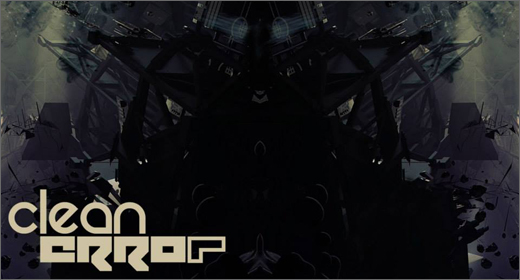



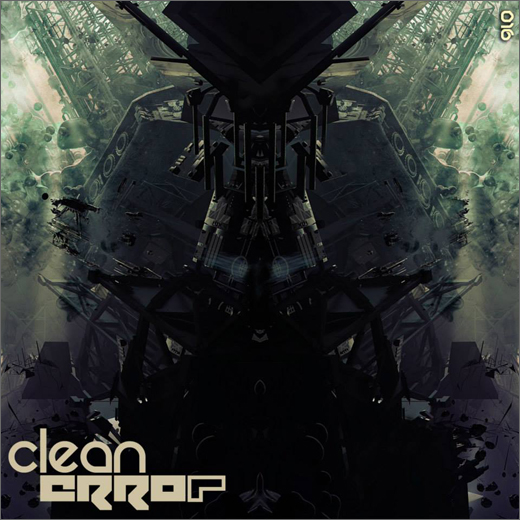

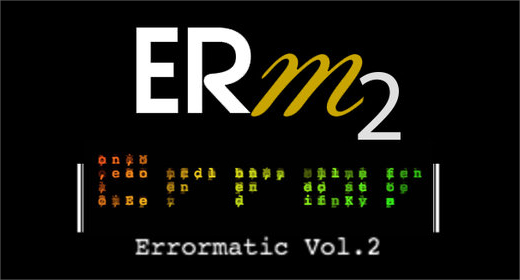
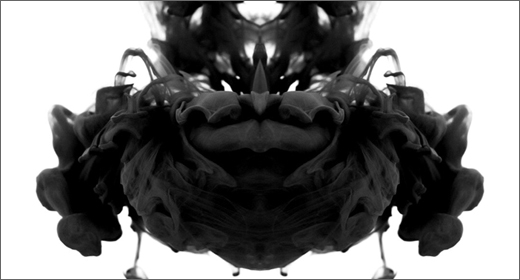


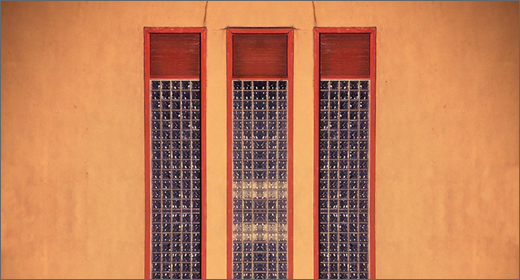



![Luke’s Anger :: Ceiling Walker EP (Love Love) — [concise]](https://igloomag.com/wp/wp-content/uploads/2025/04/lukes-anger-ceiling-walker-vinyl_feat-75x75.jpg)

![Ndorfik & madebyitself :: Solos EP (People Can Listen) — [concise]](https://igloomag.com/wp/wp-content/uploads/2025/04/ndorfik-madebyitself-solos_feat-75x75.jpg)





